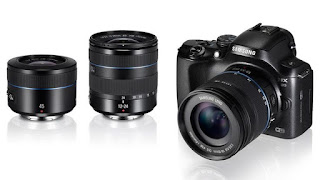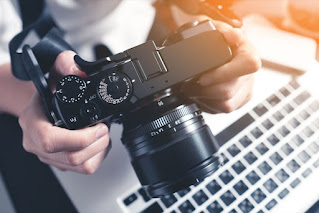Learn about the Anatomy of a DSLR Camera
DSLR cameras are used by many video
production companies and photographers. As they are capable of taking both
brilliant still videos and photos and offer ease of use they are widely used. For
videographer or an amateur photographer either a DSLR camera isn't a bad
investment.
You should obviously know how to
use it in order to really get the best out of your DSLR camera. Learning how to
use DSLR cameras with Pluto valve,
with different settings and parts and its advanced technology can be a touch
confusing.
As a springboard for your amateur
photographer studies, some of the basic parts of a DSLR camera are discussed.
For beginners DSLR cameras might
be intimidating to handle at the outset as your camera is composed of many
different operating parts. You should be aware of these three basic parts:
The body
For your camera, this serves as
the exterior. The outcome of your photos is not influenced by this feature as
much as it influences how it feels in your hands and the comfort. While using
it, as you want the camera to feel comfortable in your hands, in your purchase
the body of the camera should be one significant consideration.
For example, some types of bulky
camera bodies may not be handled by people with small hands. The location of
different buttons will be determined by the body.
Perhaps the many interchangeable
lenses to choose from are one of the most valuable features of DSLR cameras
with smart camera remote.
It’s essential to research and
know the differences between different lenses as different effects will be
created by different lenses. Creating different effects, there are lots of
different lenses out there that, but these are some basic ones:
Zoom lenses vs. Prime lenses
Although some prime lenses may
give you a sharper image than zoom lenses, while prime lenses are not, zoom
lenses are capable of zooming in and out. As compared to prime lenses Zoom
lenses tend to be much more expensive.
Getting exposed to through the
lens, the sensor inside the camera records the light. To some type of flash
memory, that exposure is generally saved. On your photos, the sizes and quality
of sensors will have a huge impact and varies.
Follow us : https://twitter.com/FionaLe79007567





Comments
Post a Comment